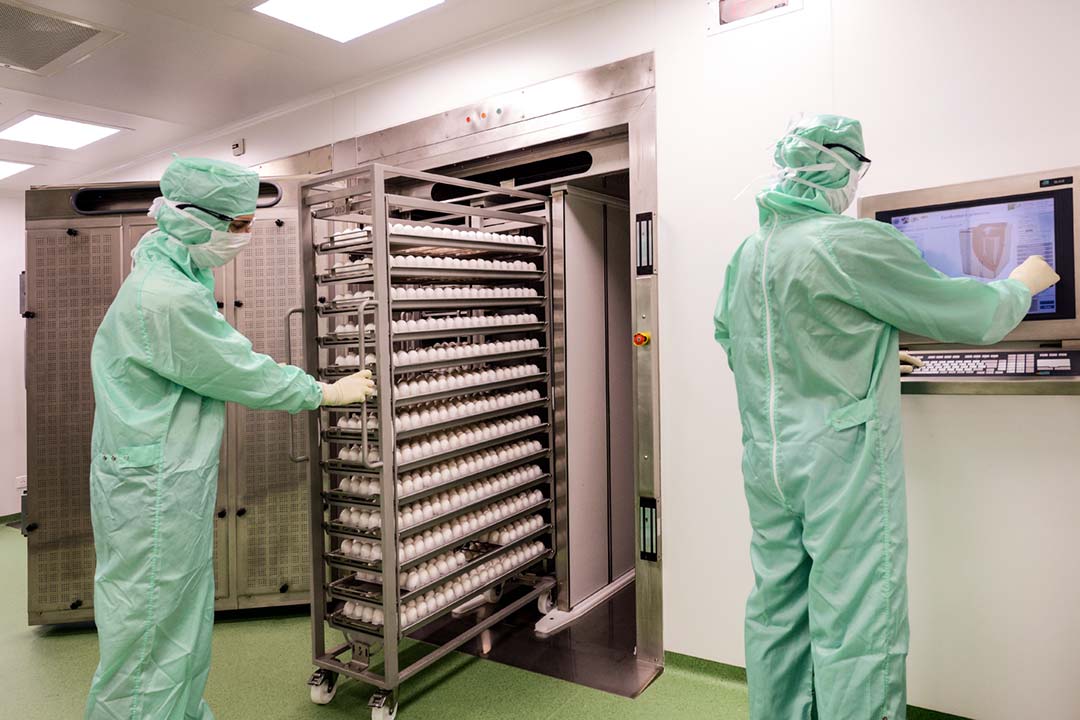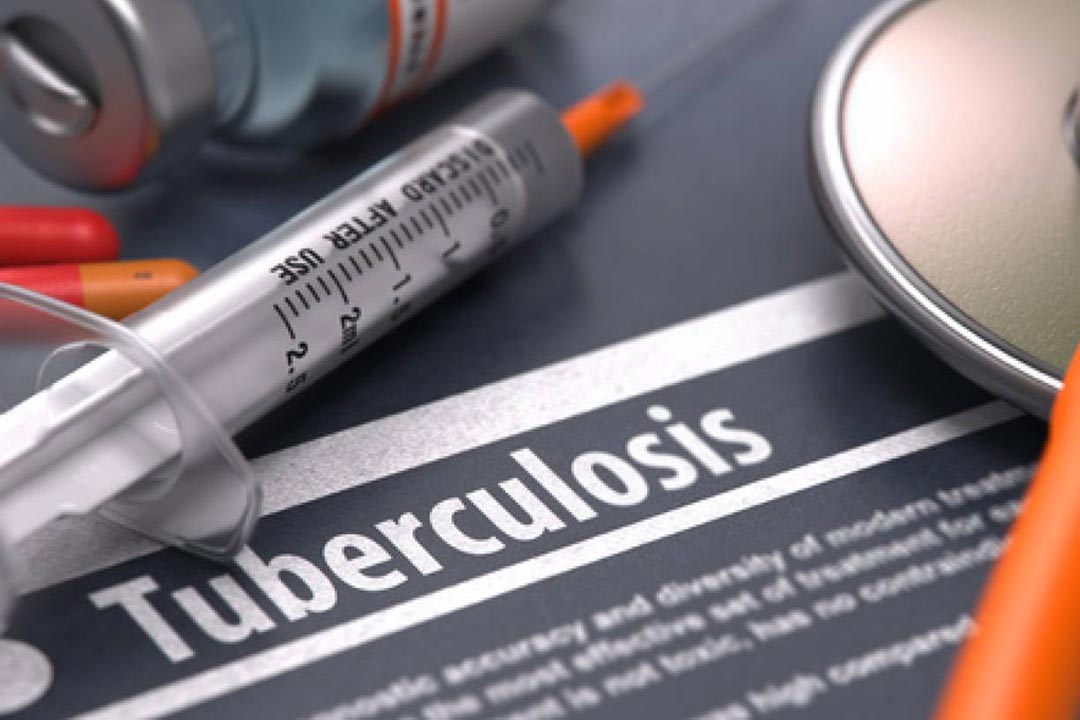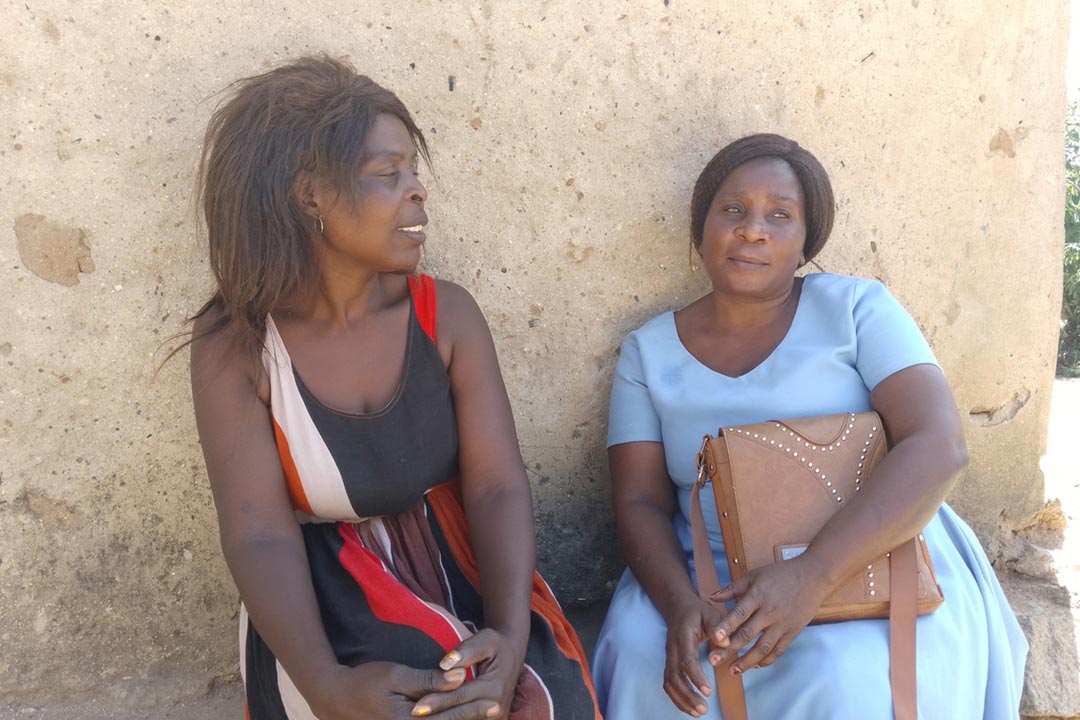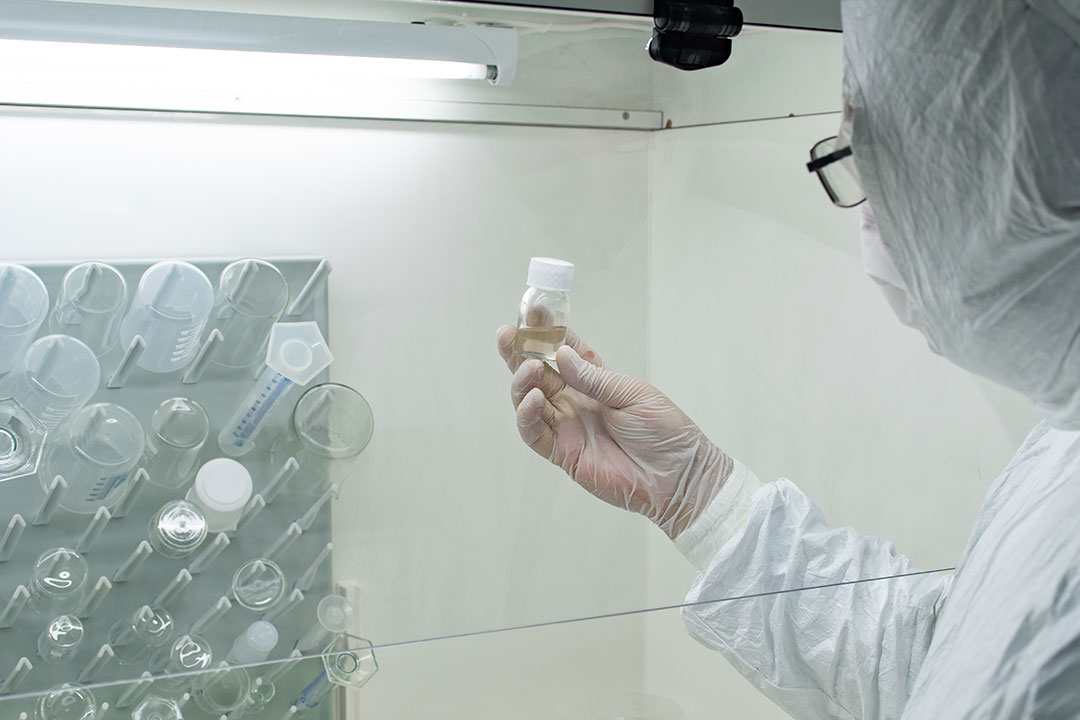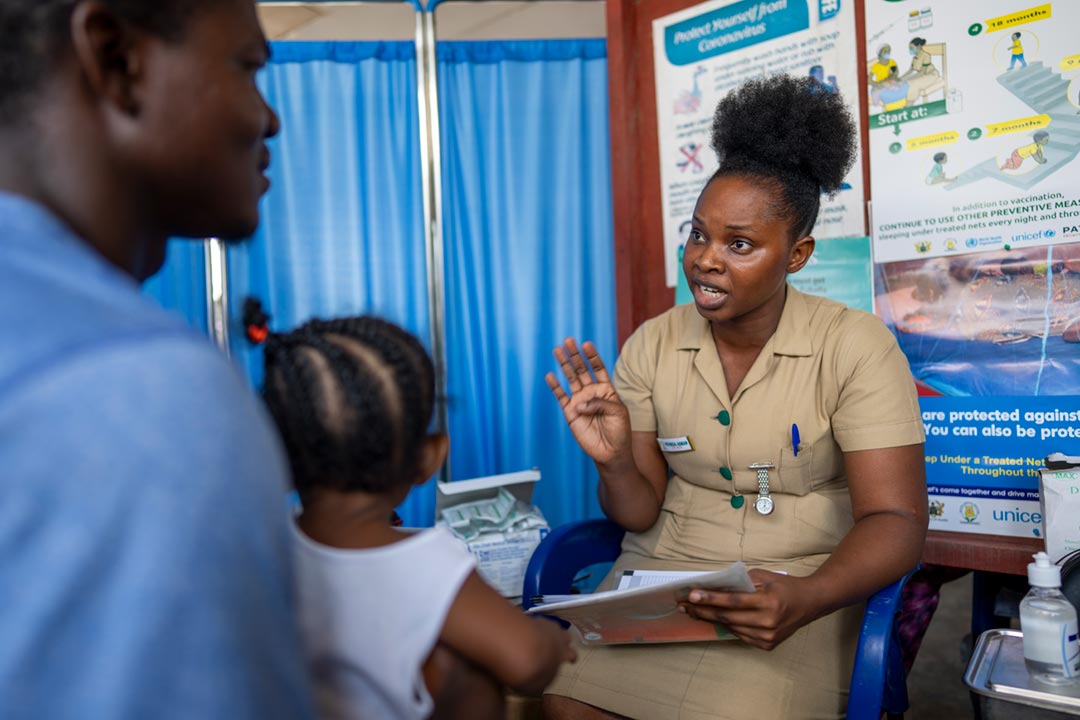Global warming means that one in two of us are now at risk of dengue
Mosquito-borne diseases are spreading to new parts of the world because of climate change, and dengue is one – here we explain why, and what scientists are doing to mitigate its spread.
- 2 May 2023
- 4 min read
- by Priya Joi

Climate change means that mosquito-borne diseases like malaria, chikungunya and dengue are on the rise in Europe. As the planet warms, diseases that were once restricted to the tropics are now spreading worldwide.
Dengue is a viral infection that causes a severe flu-like illness and can be lethal. The incidence of dengue has increased 30-fold over the last 50 years, according to the World Health Organization. Now, up to 100 million infections are now estimated to occur annually in more than 100 endemic countries, putting almost half of the world's population at risk.
There is strong evidence that global warming has already pushed malaria-carrying mosquitoes into higher ground, further from the tropics. Every year for the past century, Anopheles mosquitoes have elevated their range by about 6.5m per year and away from the equator by 4.7km.
This means that countries that had long eradicated mosquito-borne diseases like dengue will need to implement urgent action to rein in the spread of the mosquitoes. And the search for ways to control the Aedes Aegypti mosquitoes that spread dengue, and for vaccines to prevent infection, is becoming more urgent.
Warming planet
Dengue fever normally happens between four and ten days after the person is bitten by an infected mosquito. A high fever is normally accompanied by headaches, nausea, vomiting, and joint and bone ache. The infection can segue into severe dengue when the fever drops, but the sufferer develops persistent vomiting, bleeding gums and severe abdominal pain.
Although dengue is endemic in most countries of Central America, South America, and the Caribbean, climate change has been expanding the areas that the mosquito can inhabit. There have been increasing numbers of cases in European countries like France and Spain.
There is strong evidence that global warming has already pushed malaria-carrying mosquitoes into higher ground, further from the tropics. Every year for the past century, Anopheles mosquitoes have elevated their range by about 6.5m per year and away from the equator by 4.7km.
Have you read?
Climate change is causing significant shifts in temperature and rainfall, which is driving changes in the range that mosquitoes can inhabit. This is estimated to increase yellow fever deaths by up to 25% by 2050.
Controlling spread
Malaria-carrying mosquitoes are active at night, so encouraging people to sleep under bednets can be very effective at preventing infections. However, dengue-spreading mosquitoes are active both day and night, making bednets less useful against them.
One method being tested to control the disease is to release modified mosquitoes that carry a Wolbachia bacterium that stops the insect from transmitting viruses. The release of these mosquitoes has been tested in select cities in countries including Australia, Brazil, Colombia, Indonesia and Vietnam. A randomised, controlled trial in Yogyakarta, Indonesia, showed that this method could reduce the incidence of dengue by 77%.
Now, the World Mosquito Program (WMP) has said that it will release these modified mosquitoes in Brazil's urban areas over the next ten years, with the aim of protecting up to 70 million people. A ';mosquito factory' will be set up in Brazil that should start operating in 2024 and will produce up to five billion modified mosquitoes per year.
Hope for a vaccine?
The development of a dengue vaccine has been fraught. Sanofi Pasteur licensed Dengvaxia in 2015, but in people who have not already had dengue before the vaccine actually increased rates of severe dengue and hospitalisation. Thus, it can now only be used in people who have had a confirmed dengue infection.
Encouragingly, there are two new live attenuated dengue vaccines that have completed phase 3 efficacy trials. Japanese company Takeda received approval from Argentina, Brazil, Indonesia and the European Commission for their two-dose vaccine (TAK-003). In phase 3 studies, vaccine efficacy within 12 months of the second dose was 80.2%.
The second vaccine is from the Instituto Butantan, US National Institutes of Health (NIH), and Merck for Butantan-DV, that is analogous to the NIH's TV003 formulation tested previously. The overall efficacy for this vaccine was almost the same as TAK-003 at 79.6%.
While people in low-income countries are still at highest risk, it may be that the spread of these diseases into Europe and North America drives vaccine development, as previously unaffected populations start to see how global infectious diseases truly are.
More from Priya Joi
Recommended for you

